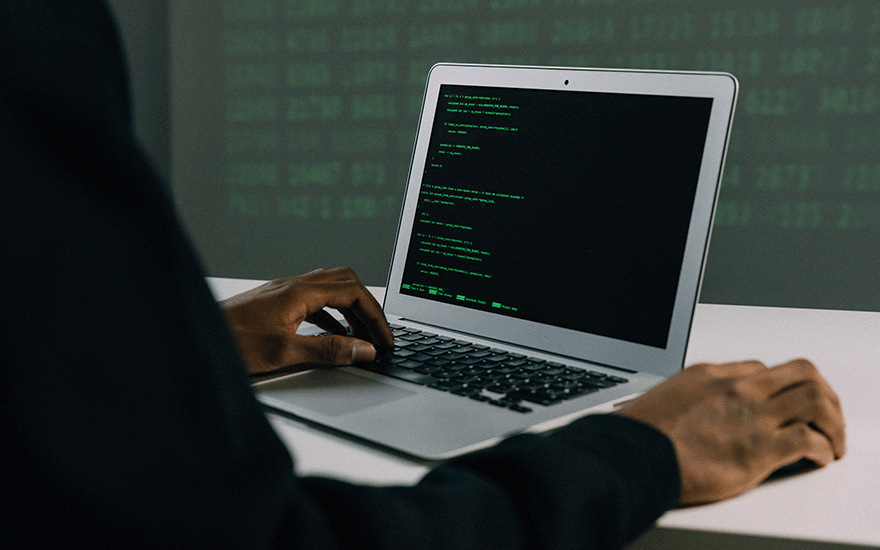
The Federal Deposit Insurance Corporation (FDIC) has received reports of fraudulent communications that have the appearance of being from the FDIC.
This is particularly important to know during the outbreak of the Coronavirus (COVID-19) as scammers try to take advantage of consumers in a variety of ways.
Fraudsters know that people trust the FDIC name, so scammers use the FDIC’s name and logo in perpetrating fraudulent schemes.
Some recently reported scams have fraudulently used the names of real FDIC employees, including Martin Henning and Michael Benardo. They have also used fictitious employee names such as Peter Harding, Christine Marshall, and Kate Marshall.
These scams may involve a variety of communication channels, including emails, phone calls, letters, text messages, faxes and social media.
The messages might ask you to “confirm” or “update” confidential personal financial information, such as bank account numbers. In other cases, the communication might be an offer to help victims of current or previous frauds with an investigation or to recover losses.
Some scams have included official looking forms for such things as filing insurance claims or paying taxes on prize winnings. They might tell you that you have an unpaid debt and threaten you with a lawsuit or to arrest you, if you don’t pay. Other recent examples have included check endorsements, bankruptcy claimant verification forms, stock confirmations, and investment purchases.
Additional known scams ask for an upfront payment in the form of gift cards or digital currency before service can be provided. They might include a cashier’s check with instructions to deposit the check and send some portion of the funds back via wire transfer service.
Scammers might ask for personal information such as Social Security numbers, dates of birth, and other valuable details that they can use to commit fraud or sell your identity.
Tips from the FDIC
Here’s what you need to know to protect yourself against government imposters like these:
- The FDIC does not send unsolicited correspondence asking for money or sensitive personal information and will never threaten you.
- No government agency will ever demand that you pay by gift card, wiring money or digital currency.
- The FDIC would never contact you asking for personal details, such as bank account information, credit and debit card numbers, social security numbers, or passwords.
If in doubt about something you receive, contact the FDIC’s Call Center at 1-877-ASK-FDIC (1-877-275-3342), Monday through Friday, 8 am to 8 pm Eastern Standard Time.
If you feel you have been the victim of fraud, report this incident to local law enforcement or a local field office of the Federal Bureau of Investigation (FBI).
Also notify the United States Postal Inspection Service (USPIS), if the crime involved misuse of the U.S. Postal Service.
For more help or information, go to FDIC.gov (insert link) or call the FDIC toll-free at 1-877-ASK-FDIC (1-877-275-3342).